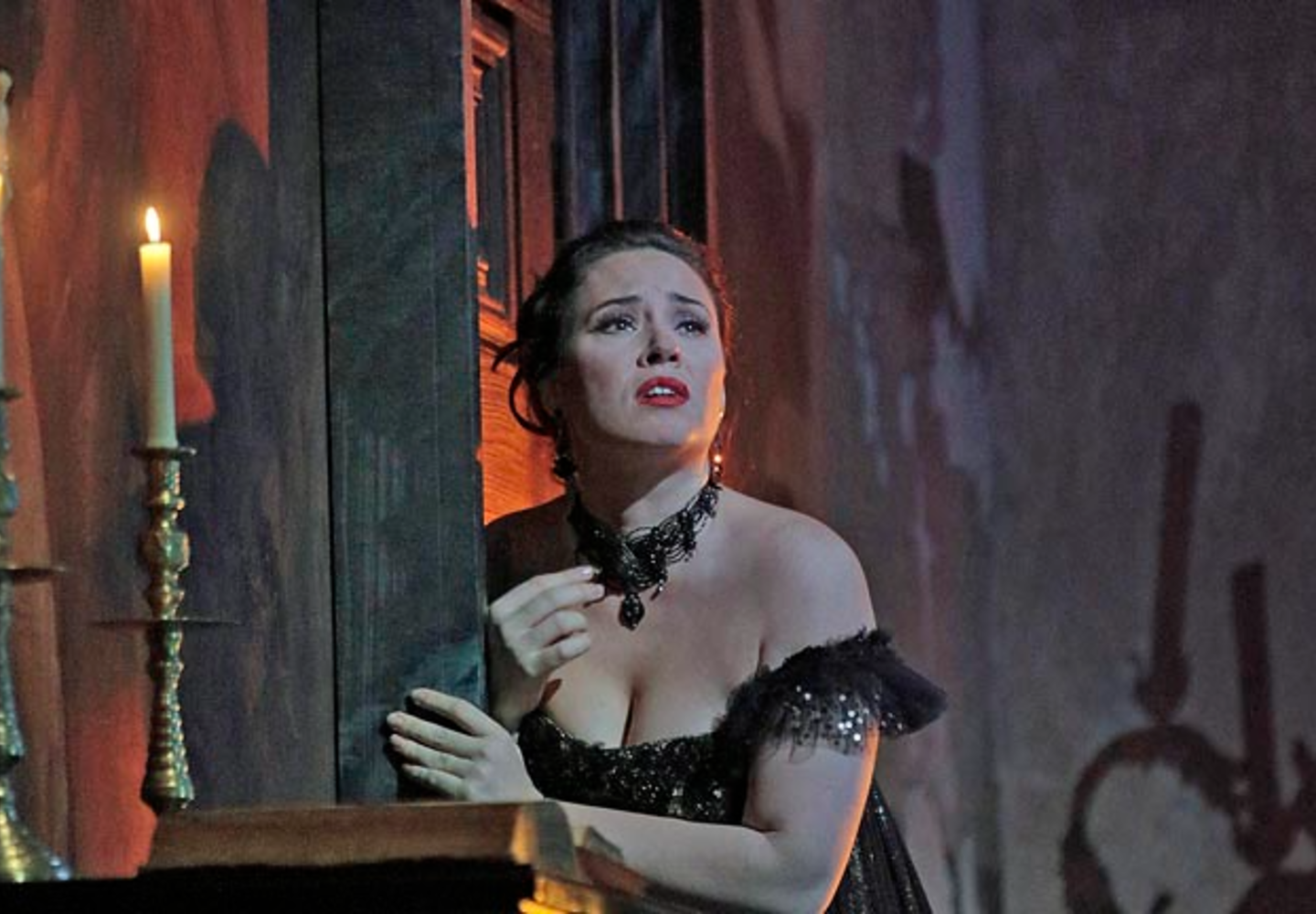

They could be set in any time or place, be it 1850s rural Sicily, present day Japan, or-as with Tosca-Rome in 1800, truthfully recreating that reality, wherever and whenever it existed. As such, verismo operas presented audiences enough details of the real world to feel more authentic or scientifically true than the artistic work of previous generations.

Verismo composers gave their artistic interpretation of things that someone might actually experience. Puccini was among a group of young Italian opera composers whose response to the emerging sense of modernity involved turning to verismo-Italian for “realism.” Influenced by French literary circles, the Italian verismo movement considered the real world worth representing. One can imagine them asking, “As a musician, how can I address this emerging world of science, realism, and technology, while still holding onto art as something that moves the soul? How do I find new, truer, bolder things to say? How can I develop music in ways that outflank my predecessors but still use the same basic musical language?” A dilemma indeed. Artists and composers who came of age at the turn of the century bore the responsibility of creating artistic responses to this rapidly changing world. Such was the world in which Puccini’s generation grew up.

Overall, there was a self-conscious concern with being “modern,” a watch-word of the last decades of the 19th century. Modern technologies surged as well with the invention of the telephone (1876), phonograph (1877), lightbulb (1878), gas-powered automobile (1885), zinc-carbon battery (1886), zipper (1891), diesel engine (1893), and cinema (1895). Concurrently there was a radical desacralization of sacred spaces, a rise of secularism, and a collapse of metaphysical claims. It saw the rise of modern industrial states and urban politics, increasing scientific progress, and the crest of European power with its colonialism, empire-building, and imperialism. What should opera look like in a world marked by rapid industrial and technological development? Though such questions certainly resonate in the 21st century, opera composers were asking the same questions at precisely the moment Giacomo Puccini’s Tosca was born.Īt the turn of the 20th century, the broader world was undergoing a massive amount of social, cultural, technological, and political change.


 0 kommentar(er)
0 kommentar(er)
